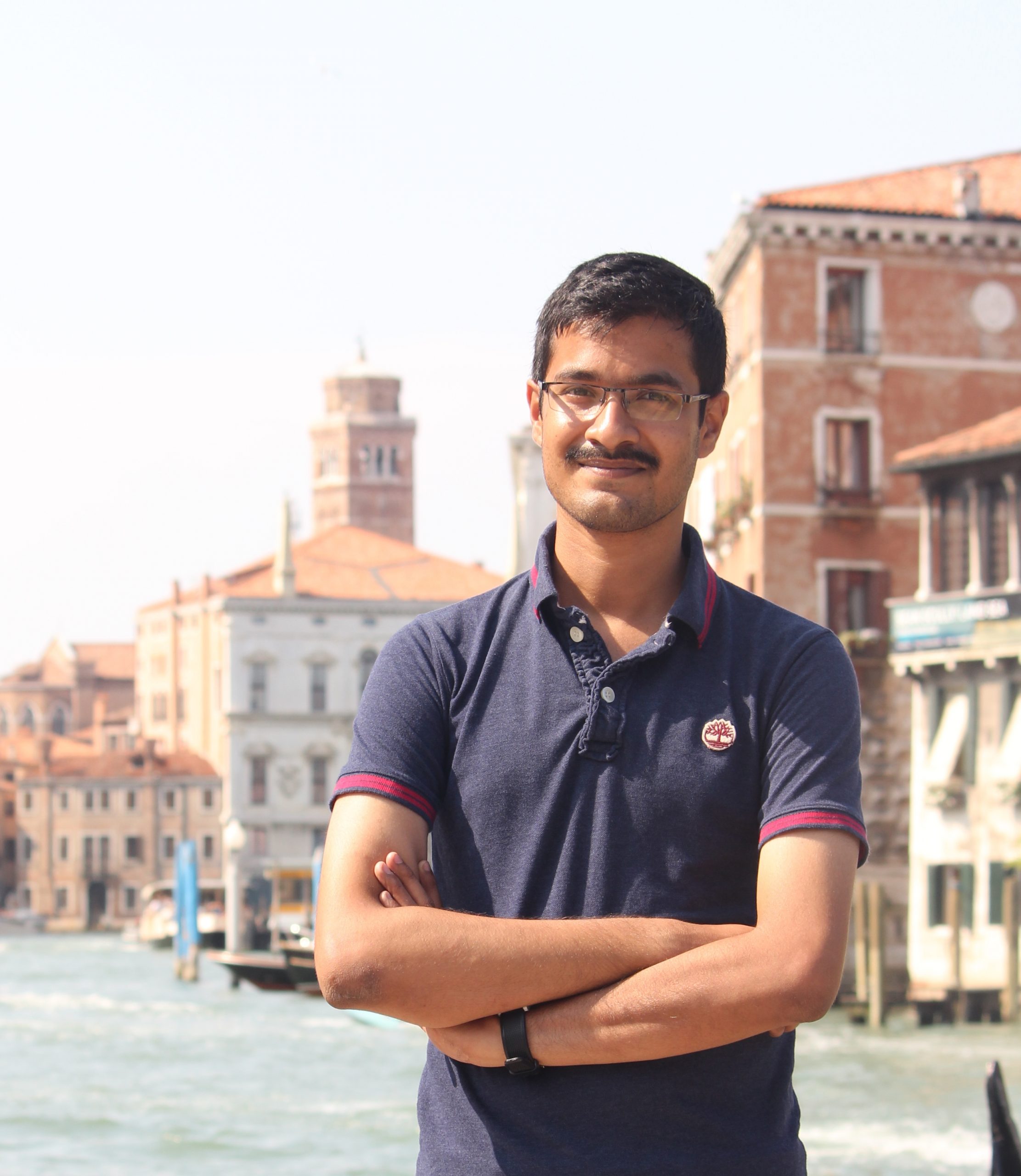Why Did You Choose To Pursue A PhD?
My research experience from undergraduate projects inspired me to dig deep into power electronics and renewable energy, and to find a way to meaningfully contribute to combating climate change. I also realized my passion for teaching when I conducted workshops as an UG student. Both of these drove me to pursue a PhD as the first step into a career in academia.
Why Did You Choose To Pursue Your PhD At NUS?
NUS has a relatively small but strong team working on Power and Energy, which made me excited to be part of the research here. The learning opportunities as well as the funding provided for research students are both excellent.
Can you tell us briefly about your research topic?
My research focuses on the practical aspects of integrating renewables into the grid. The current vulnerabilities in the grids have been highlighted by large-scale events such as floods, hurricanes and fires. There is clearly a need to make the grid more resilient, so that the energy sources with high uncertainties such as solar and wind can be successfully integrated. My research focuses on mitigating the stability issues in emerging power systems, and how “microgrids” can be leverage for the above goal. I work on developing control schemes that can allow electric utilities to retain stable operation as the grid-conditions change rapidly in real-time.
How does PhD graduate education compare with your undergraduate experience?
In my experience, there is a natural transition from an Indian UG experience to the Singaporean Graduate experience. In both universities, there was the needed emphasis on gaining a strong fundamental knowledge while providing frequent opportunities for open-ended research. Moreover, I found that there is a healthy extra-curricular environment to suit most students’ interests. In both universities, I had the opportunity to learn and showcase my skills in Indian Classical Music through lessons and yearly concerts.
What do you like most about graduate school?
Easily, the best part of my PhD experience was travelling abroad for conferences and networking with leading researchers from other universities. During my PhD, I got to attend 5 conferences, from the US, all the way to New Zealand. Apart from the learning and publication opportunities in these conferences, my travels have given me some of my fondest memories from my graduate studies.
Any advice for someone who's considering a PhD in NUS?
A PhD is a journey of a lifetime, arduous at times and exhilarating at others. It is important to be honest to yourselves about your true goals in getting a PhD. With the right goals and motivation, as one of the best ranked universities in the world, NUS can provide a good environment for learning and contributing to cutting edge research. Personally, I found in NUS the right mentor who provided me with good advice and support, which ultimately enabled me to successfully achieve my research goals.

